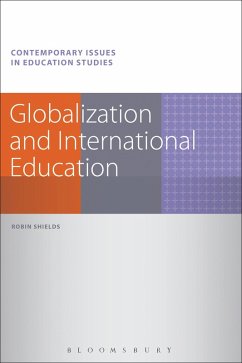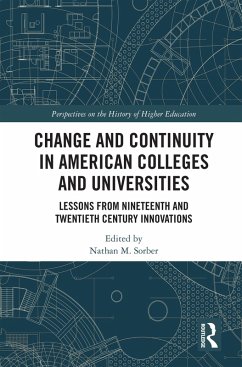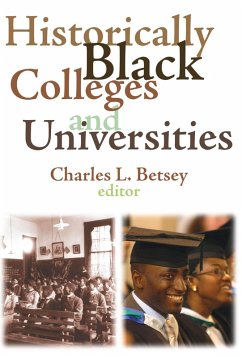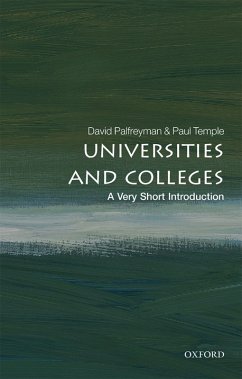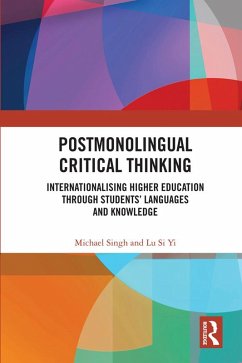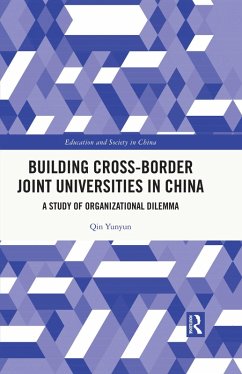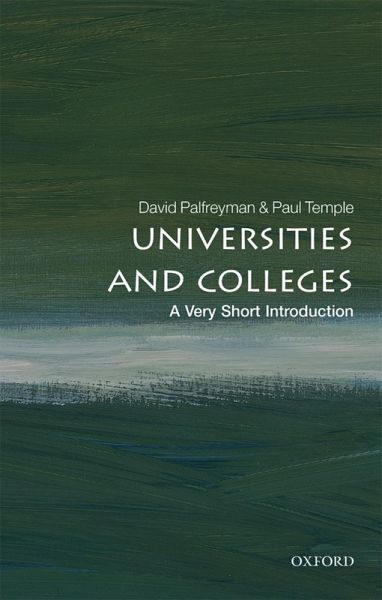
Universities and Colleges (eBook, ePUB)
A Very Short Introduction
Versandkostenfrei!
Sofort per Download lieferbar
6,99 €
inkl. MwSt.
Weitere Ausgaben:

PAYBACK Punkte
3 °P sammeln!
What is a university? What is the University? How have universities evolved over the centuries? How might they change over the coming decades as the physical and organisational entity most identified with 'higher education' being delivered to over 250 million students? What will be the impact of digital- and distance-learning, of commercial for-profit new entrants to the higher education market, of government austerity, of globalization, of student consumerism? Exploring the origins and the concept, the idea and the ideal, of the university, this Very Short Introduction discusses one of the w...
What is a university? What is the University? How have universities evolved over the centuries? How might they change over the coming decades as the physical and organisational entity most identified with 'higher education' being delivered to over 250 million students? What will be the impact of digital- and distance-learning, of commercial for-profit new entrants to the higher education market, of government austerity, of globalization, of student consumerism? Exploring the origins and the concept, the idea and the ideal, of the university, this Very Short Introduction discusses one of the world's oldest, most resilient, and most adaptable institutions. David Palfreyman and Paul Temple consider the links between universities and the economy, and the role of universities within society. Highlighting some of the key questions surrounding the position of universities, they ask how the university can be politically accountable for its taxpayer funding, if it needs to be autonomous to function effectively as a public good. Are professors professional enough in their teaching practices at a time that increasing tuition fees transform students more and more into consumers? And just what does 'academic freedom' for university faculties really entail? ABOUT THE SERIES: The Very Short Introductions series from Oxford University Press contains hundreds of titles in almost every subject area. These pocket-sized books are the perfect way to get ahead in a new subject quickly. Our expert authors combine facts, analysis, perspective, new ideas, and enthusiasm to make interesting and challenging topics highly readable.
Dieser Download kann aus rechtlichen Gründen nur mit Rechnungsadresse in A, B, BG, CY, CZ, D, DK, EW, E, FIN, F, GR, HR, H, IRL, I, LT, L, LR, M, NL, PL, P, R, S, SLO, SK ausgeliefert werden.




